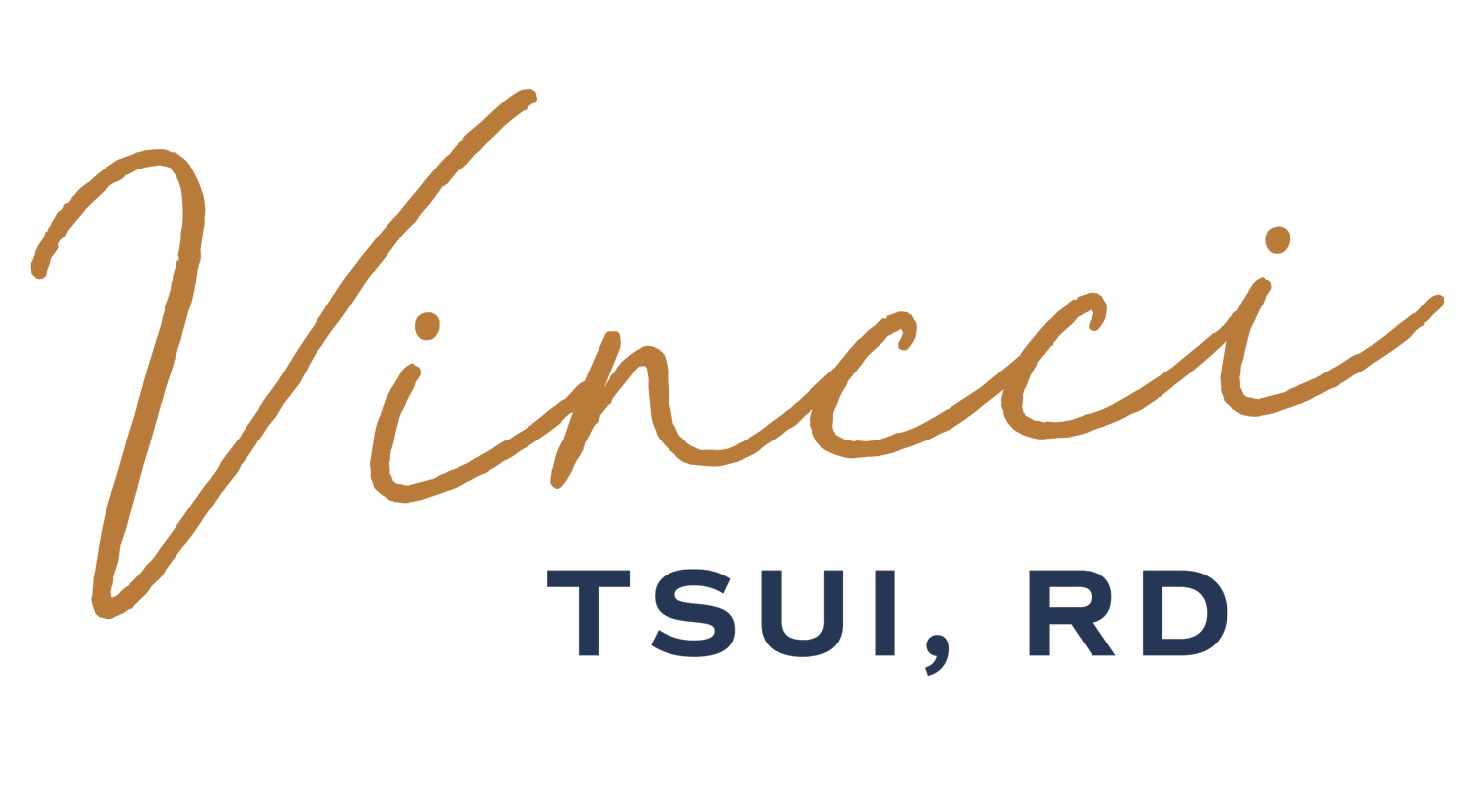{Intuitive Eating with a Chronic Condition} Principle #4: Challenge the Food Police
This is the fourth in a series of posts on adapting intuitive eating for a chronic condition. I would like to acknowledge that I personally don’t have a chronic condition, and am open to learning from the lived experiences of those who do. Please leave your feedback by commenting below, or by sending me a private message.
Other posts in this series include:
Principle #1: Reject the Diet Mentality
Principles #2 & #5: Honour Your Hunger and Feel Your Fullness
Principle #3: Make Peace with Food
Principle #6: Discover the Satisfaction Factor
Principle #7: Honour Your Feelings Without Food
Principle #8: Respect Your Body
Principles #9 & #10: Exercise – Feel the Difference & Honour Your Health with Gentle Nutrition
??WEE-OO WEE-OO ??
Most of us have had a run-in with the Food Police at least once in our life. You might not have seen them before, but its message rings loud and clear in our society: There are foods that we “should” and “shouldn’t” eat, and if we eat something that’s considered the latter, it’s “bad”, “cheating”, “unclean”, and “wrong”. According to the Food Police, we’re killing ourselves with what we eat, and we better be feeling guilty about it.
Of course, the Food Police know that no one would take them seriously if they just said, “Food is bad for you” outright, so they spread their message in more subtle, insidious ways.
It’s the relative who eyes your plate and says, “You’re eating all of that?!”
The friend who looks at your muffin and says, “Oh, I could never eat that.”
It’s the documentary on how GMOs, carbs, sugar, fat, salt, or whatever food baddie du jour is hurting you and the planet.
Shaming you about food and eating is one thing, but the ultimate goal of the food police is for you to internalize the message, so that you become one of them.
Our Destructive Dieting Voices
In their book Intuitive Eating, (Amazon Associate Link) co-authors Evelyn Tribole and Elyse Resch focus this principle on our internal Food Police, which they consider one of our “destructive dieting voices”, along with the Nutrition Informant and the Diet Rebel.
If you have a chronic condition, you probably know the Nutrition Informant very well. This voice bolsters that of the Food Police, under the guise of “health”. It’s the voice that knows exactly what’s in your food, convinced that even a single bite will change your bloodwork, trigger a flareup, and/or shorten your life. It’s the voice that believes there is one “right” way of eating, and any deviation will make you sick. Sadly, some health professionals use this “voice” with their patients, “prescribing” restrictive diets as though they were medications, without acknowledging that choosing, preparing, and eating foods is much more complicated than popping a pill.
Together, the Food Police and Nutrition Informant deliver a one-two punch, with the Food Police scrutinizing over every morsel that passes your lips, and the nutrition informant adding numbers and “facts” to the equation.
Often when the Food Police and Nutrition Informant become too overwhelming, we say “F*** it! I do what I want!” That’s the Diet Rebel voice.
Sound familiar? This is essentially that initial swing into Donutland that most people experience when they start to make peace with food. It’s liberating, but ultimately destructive, when letting go of rules is confused with breaking them. This is part of what can make intuitive eating so difficult, scary, and like it’s “not working”—sometimes you have to go through a messy, destructive phase in order to get to actual healing.
With intuitive eating, these destructive voices don’t go away. Rather, it’s about shifting, and responding to these voices in a way that is helpful, not harmful.
Fighting Back with Our Ally Voices
Leading the charge of our intuitive eating ally voices are the Food Anthropologist and the Nurturer.
The Food Anthropologist embodies the “real” definition of mindfulness—it’s aware of the present moment, without judgment. It makes neutral observations of the situation, like “I ate X,” or “My blood sugar is higher than normal,” or “I had a stomach ache after eating this food.” Unlike the Food Police, the Food Anthropologist isn’t out to make any arrests; rather, it’s the forensic or crime scene technician, just there to gather the evidence. The Food Anthropologist wants “just the facts, ma’am”, so that you have the full range of observations to work with, from using your senses to take in the situation, to attuning to your body’s sensations and needs.
The Nurturer is a wise and kind voice. It sees past the BS of the Food Police and responds in a caring, compassionate, and sometimes curious way. For example, when our inner Food Police shames us for eating “too much”, our Nurturer says, “I was hungry, and the food was delicious. I might be a bit uncomfortable from overeating, but eating past fullness is part of normal eating.” The Nurturer is so important that Tribole and Resch have gone on to say that self-care could be the “11th principle” of intuitive eating.
The Nurturer morphs our Nutrition Informant and Diet Rebel voices into our Nutrition Ally and Rebel Ally voices, respectively. Instead of colluding with the Food Police about how “bad” sugar is for your diabetes or how much “hidden” sugar is in your food, the Nutrition Ally recognizes that people with diabetes can eat sugar, and there are a variety of ways to manage blood sugar. Instead of approaching eating with an “I’ll show them” attitude, the Rebel Ally channels that energy into setting and enforcing firm boundaries on your internal and external food police.
What destructive dieting voices have come up for you while managing your chronic condition? How have, or can, your ally voices help? Please share your experiences, insights, and questions in the comments below.
